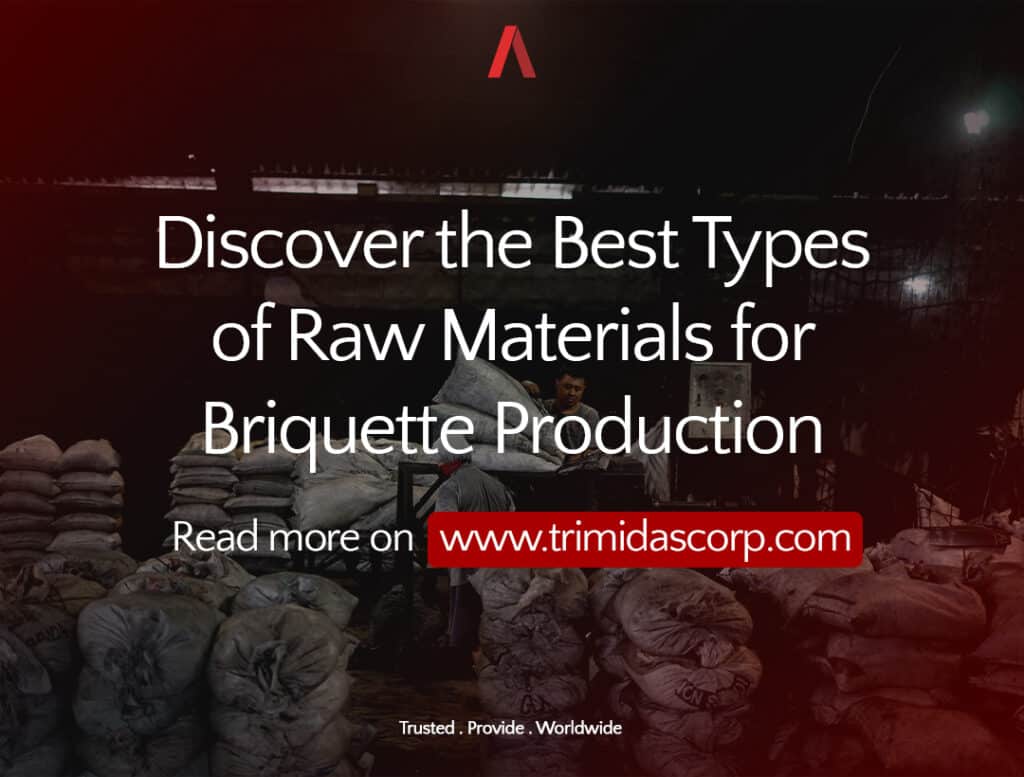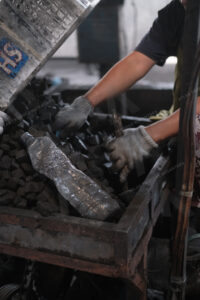Discover the Best Types of Raw Material for Briquette Production

Briquettes are a popular and efficient fuel source for heating and cooking. They are made by compressing raw materials into small, uniform shapes that burn efficiently and produce less ash than traditional firewood. However, the quality and performance of briquettes can vary significantly depending on the type of raw material used. In this article, we will discuss the best types of raw materials for making briquettes.
Hardwood
Hardwood is the best and most commonly used raw material for making briquettes. It is dense, hard, and has a high carbon content, which means it burns hotter and longer than other materials. Common hardwoods used for making briquettes include oak, hickory, maple, and mesquite.
Coconut shells
Coconut shells are another excellent raw material for making briquettes. They are a sustainable and eco-friendly option, as they are a waste product of the coconut industry. Coconut shell briquettes burn hotter and produce less ash than other types of briquettes, making them a popular choice for grilling and smoking.
Sawdust
Sawdust is a byproduct of the woodworking industry and can be used as a raw material for making briquettes. Sawdust briquettes are easy to produce and are a more eco-friendly option than traditional charcoal, as they reduce waste and carbon emissions. They burn hotter and produce less ash than traditional charcoal, but not as hot as hardwood or coconut shell briquettes.
Corn cob
Corn cob is another sustainable and eco-friendly option for making briquettes. It is a waste product of the corn industry and can be compressed into briquettes. Corn cob briquettes burn longer than sawdust briquettes but produce less heat than hardwood or coconut shell briquettes.
Charcoal fines
Charcoal fines are the dust and small pieces of charcoal left over from the production process. They can be used as a raw material for making briquettes and are a cost-effective option for manufacturers. However, they produce less heat than other types of briquettes and can be challenging to ignite.

In conclusion, coconut shells produce high-quality, efficient, and eco-friendly briquettes that burn hotter and produce less ash than traditional charcoal. Corn cob and charcoal fines are also viable options, but they may produce less heat and be more challenging to ignite. In Trimidas, we also use Palm Shell Charcoal and Pecan Shell Charcoal with different ash content. If you’re looking for the best quality raw material for your briquette production, Trimidas can provide you with the finest options. Choose Trimidas for your briquette production needs and experience the difference in quality that raw materials can make.





